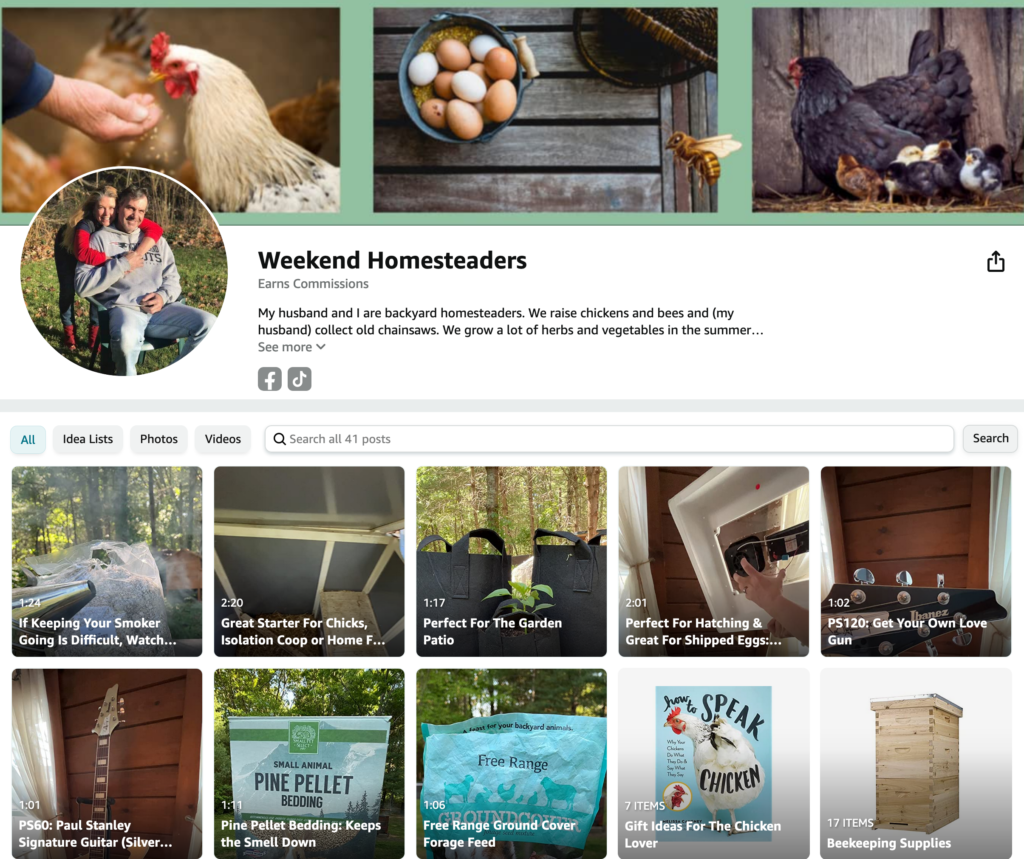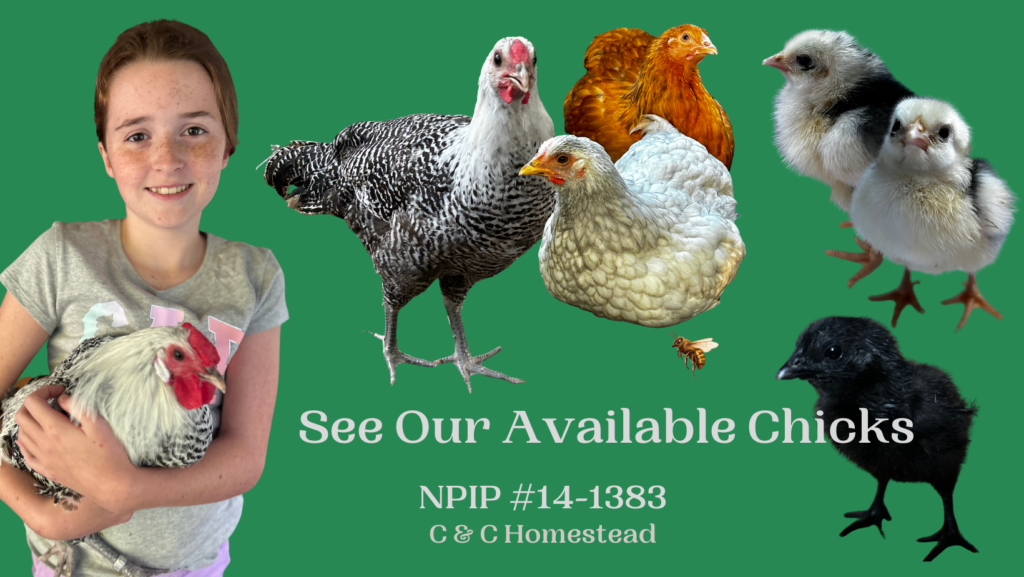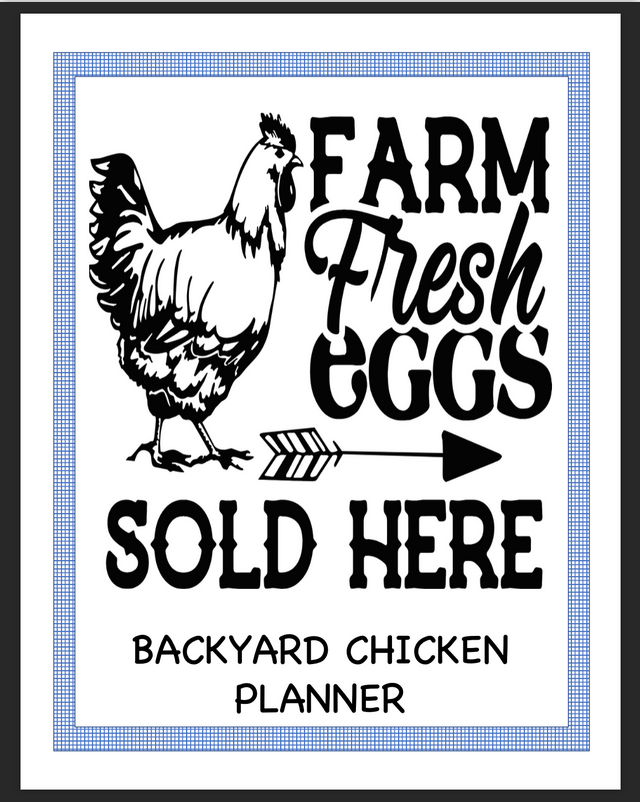Balancing Corporate & Homesteading Lifestyles
Roosters: Are They For You?
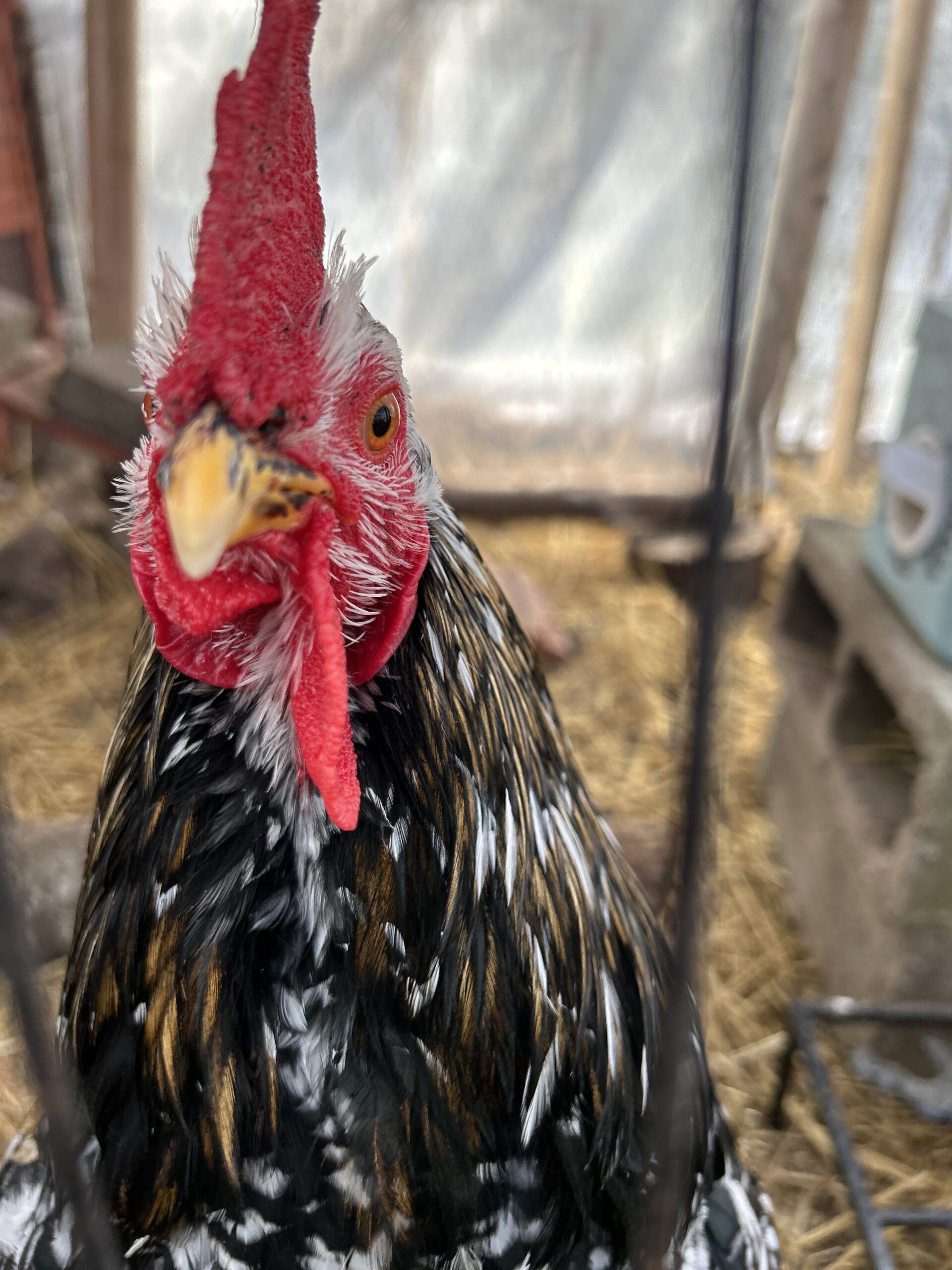
I am in a lot of chicken Facebook groups and have seen too many people posting about injuries from their roosters.
It is very sad and frustrating because most of these injuries could have been prevented if the "keeper" had been informed and prepared for the challenges of keeping a rooster.
Sweet and cuddly roosters do exist, some may come by it naturally, but most have learned to trust and peacefully co-exist with their people.
Roo-berty (rooster puberty) and mating season are generally the most challenging times.
My first experience with keeping a rooster did not go well. I stopped handling him around 6 weeks when he was feathered and able to go outside. My run was set up so I could never catch him. He tried to flog anyone who got near the run. We lived with it. I did not want a rooster, but I wanted Orpingtons (straight run) so I got 2 thinking 50-50 chance for a rooster. And yes, I got a rooster and a hen. Sadly he was killed by a raccoon protecting his flock.
Remembering chickens are prey animals, the rooster, as protector, has a very strong protective instinct. That is his job!
Some breeds have more aggressive and dominant instincts than others and each rooster has a unique personality and temperament.
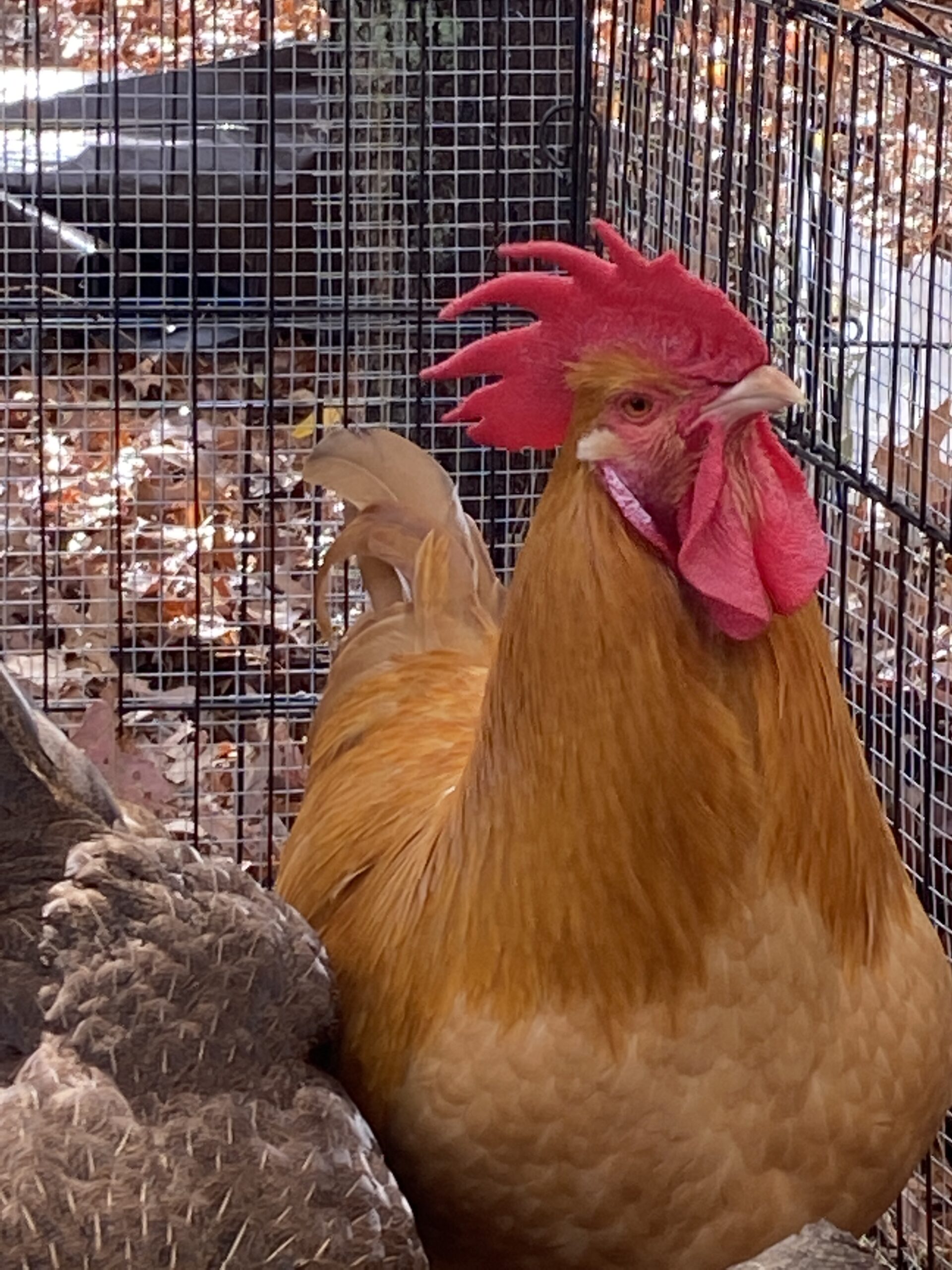
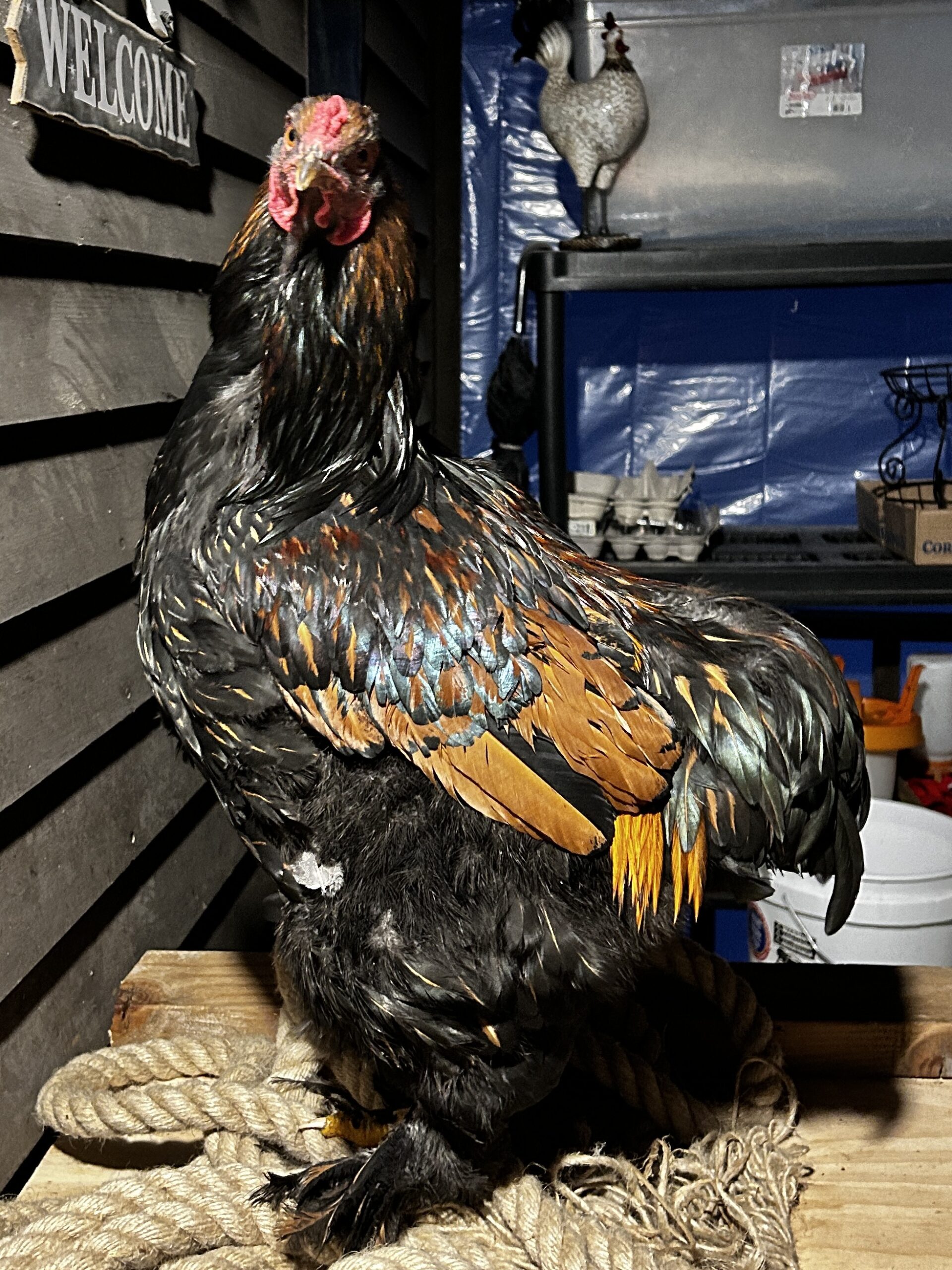
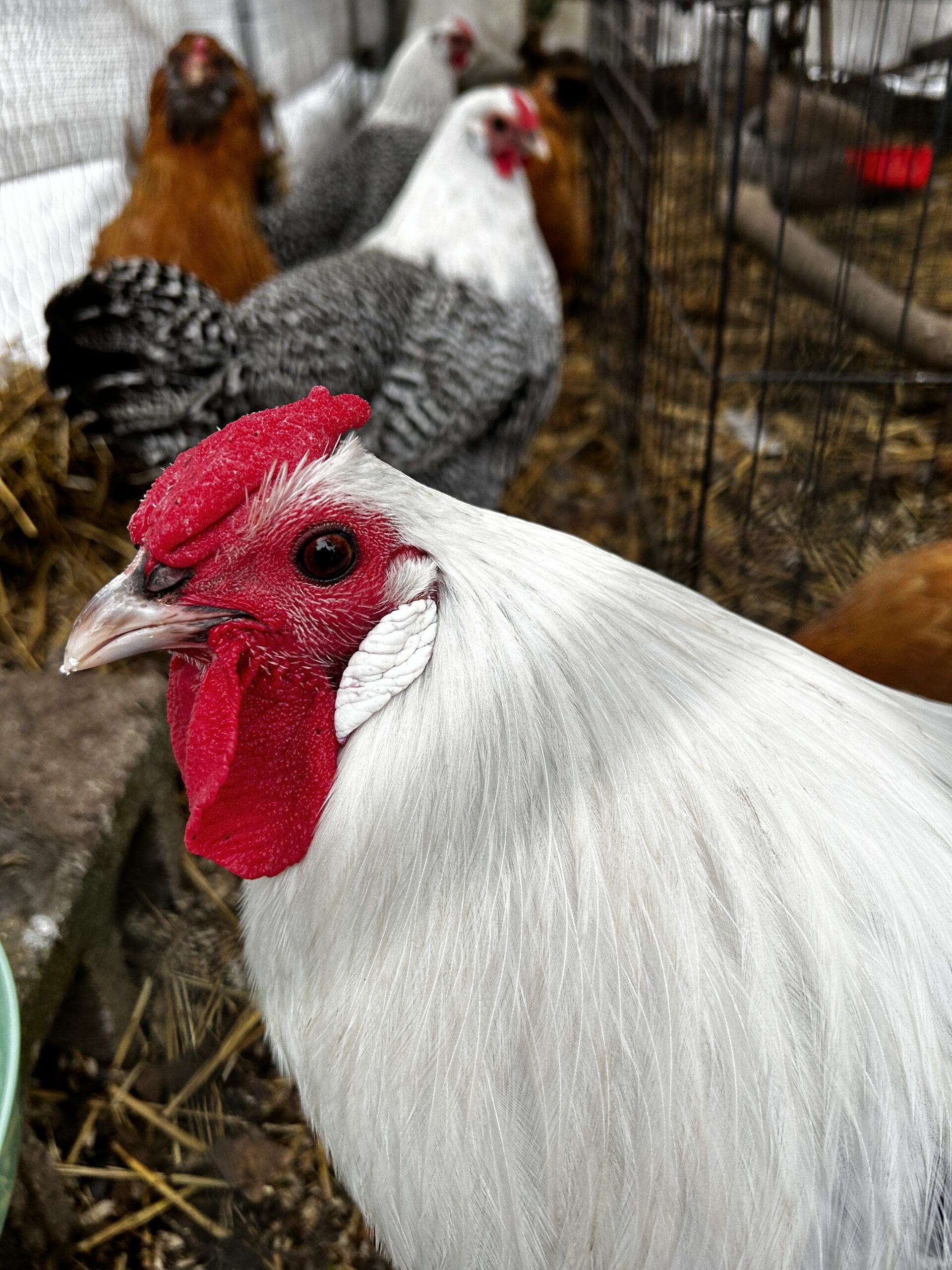
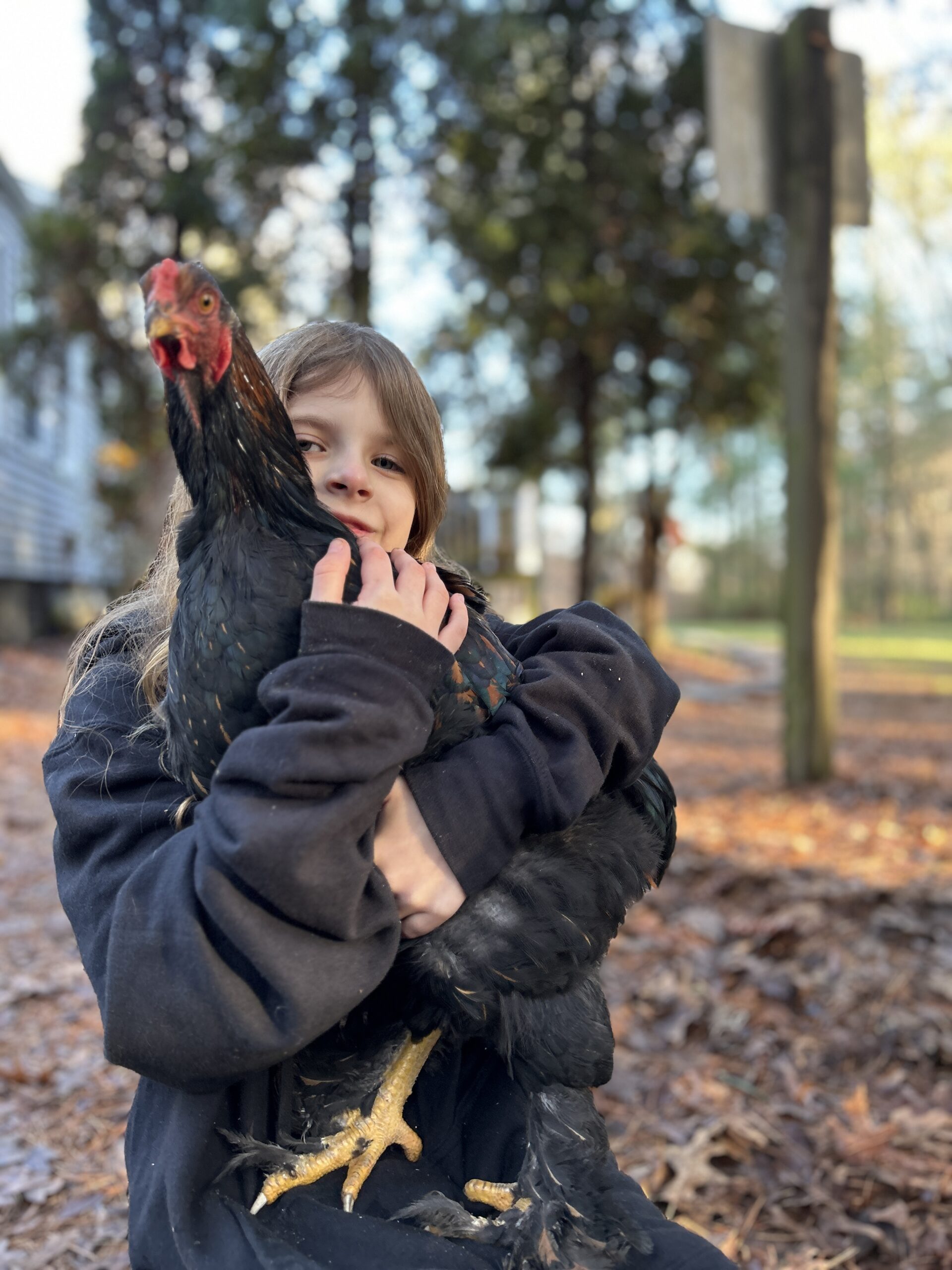
Roosters are amazing, they are fun and loving animals but they aren't for everyone. They require a commitment. We can always hope for the sweet rooster that loves people but be prepared for the ones that don't. So many people treat them as disposable and either cook, mistreat, dump, or rehome them at the first signs of normal rooster behavior. Roosters are worthy of respect and humane treatment.
Tips & Things To Think About Before Getting A Rooster
In no particular order, here are some things to think about, tips, and lessons I have learned.
1) Don't get or try to keep a rooster if you haven't done your research and know what to possibly expect.
2) Roosters hit puberty typically between 4-6 months - some sooner or later depending on the breed. Some young cockerels will show dominant behavior at a young age. This is a really good time to observe their behavior.
3) The signs of puberty are subtle but there. For some, it seems like the flick of a switch, one day your roo is sweet and doesn't mind you hanging around the hens and the next day he is flogging you.
4) Don't turn your back on a rooster. If he sees you as a predator, as an opportunist (which roosters are), he will take advantage of your distraction. Especially don't bend over or let your rooster get face level. Spurs or a bite in the face could cause a lot of damage.
5) Dress appropriately around your rooster. Don't wear flip flops, shorts or even real thin clothing until you know what to expect. Spurs and beaks can do damage. I personally wear bib overalls when in with my roosters. I can still feel the flog (if it happens) but they can't break the skin. I also wear gloves when picking up my biters.
6) Some people suggest you present yourself as a bigger, aggressive rooster, so your rooster sees you as the dominant one in the flock. Remember if your rooster views you as dominant and he wants to be dominant, he will challenge you when he thinks he has the opportunity to win (when you aren't looking). It's best to earn trust as a caretaker than gain dominance as a member of the flock.
7) Kicking, carrying upside down, or pressing your rooster into the dirt is only going to create fear, not trust. It's abuse (would you do that to a dog or cat). Your rooster may run from you or avoid you ... but given the opportunity and advantage, he will likely try to attack at some point. If you ever have plans to hold him or treat him for injuries, good luck.
8) Roosters have bad days, just like people. If a predator is in the area or bad weather, he may be more on edge and extra vigilant. Let him have his space and interact at a minimum until he calms down.
9) Roosters, again unique, may not like certain colors. I had red Ugg rubber boots that I loved, Storm, my rooster didn't care for them. I no longer wear them around him.
10) Consistency. Roosters do well with consistency and routine. As silly as it sounds, when I close up the coop at night or open it in the morning I sing Zippity -Do Dah (LOL, it was the first song I could think of and now I'm stuck with it.) Before I started doing this, Storm would come barreling out of the coop when I approached. Now, he hears me singing and so far so good.
11) Use a barrier of some sort to protect yourself when going in the run. I use a net. At first Storm was afraid of it but now isn't. I have used it on occasion when I need to catch him but I always carry it and use it as a barrier. I have never hit him with it or done anything to make him fear it. I also use it when closing the coop door. The handle allows me to cover the coop door when I'm far enough away that if he should charge out, the net serves as a barrier. Having my face at coop door level is inviting disaster if I can't close the door fast enough.
12) Roosters crow. Your neighbors may complain. Know your local laws and ordinances. We have no restrictions but my neighbors weren't happy with early morning crowing. The boys don't go outside until 8am. It was a compromise I had to make to keep peace with the neighbors.
13) Win them over with good treats!
14) Some roosters are nicer than others. Just because your rooster goes after you doesn't mean he's aggressive. (In reverse, there are some roosters that are aggressive - just like dogs) and not meant for a family backyard flock.) He is acting on instinct. Much of the final outcome will be dependent on you and how you react to his behavior. Do you make him feel threatened?
15) If you have young kids, think it through. It may not be the time for a rooster or look for a family friendly older rooster. You might have to wait a while, but they are out there.
16) Just because you hatched him or raised him from a day old doesn't mean he won't question whether you are a threat when puberty hits him. Instincts are powerful.
17) Don't look at roosters through your eyes, but learn to see your rooster through his eyes.
Conclusion:
Roosters are a great addition to any flock as long as you are prepared and know what to expect. They aren't hens and don't typically act like hens. They may change the flock dynamics. Just do your research and you will be prepared to face the challenges they might throw at you.
Here are some previous posts about roosters:
Navigating Rooster Puberty & Hormones
What Could Go Wrong With Keeping A Rooster
